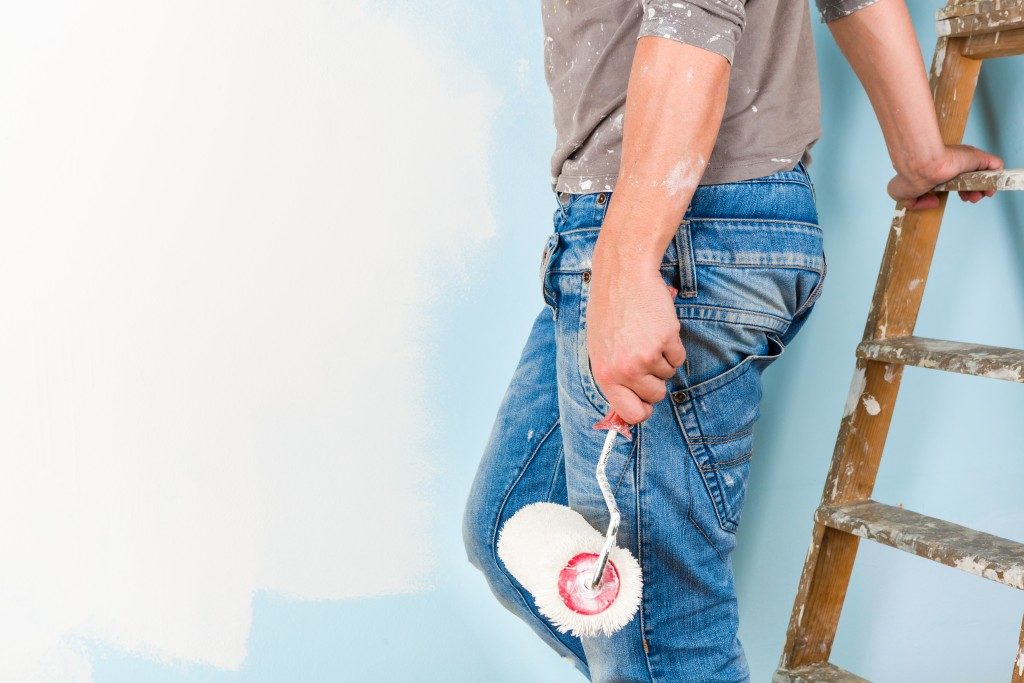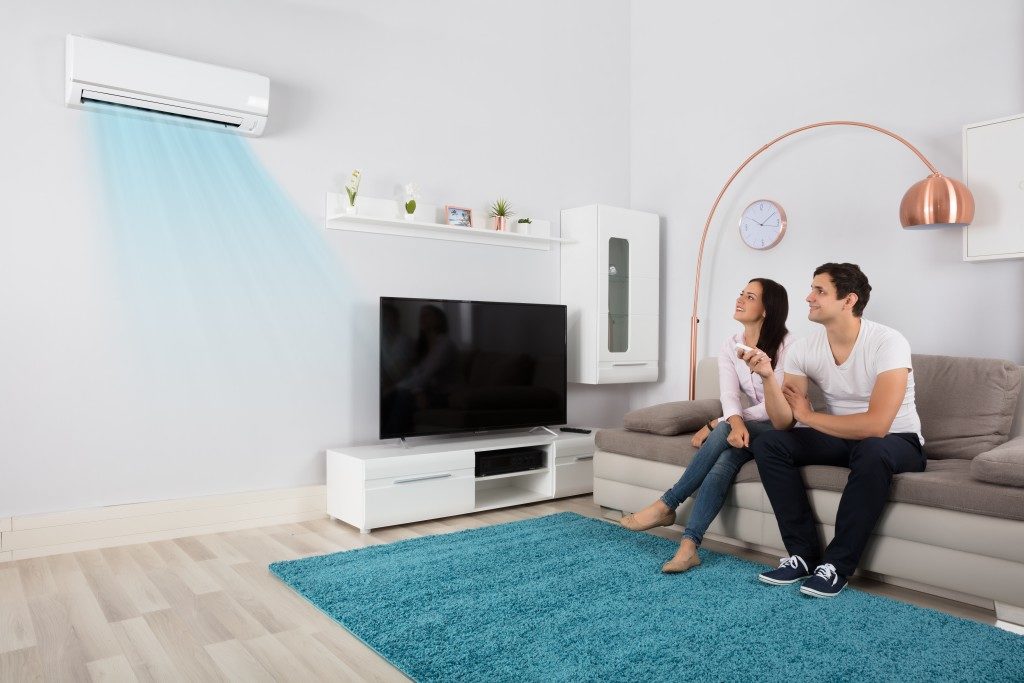Indoor air quality is a significant concern for homes because it has a substantial effect on your health and comfort. You might not realize it, but the air within your living space is filled with impurities. Without proper ventilation, dust, pet hair, dead skin, pollen, smoke, and other pollutants can get trapped inside your home. What you consider to be the safest place to stay in can be harmful to your well-being; you might be inhaling some these pollutants right at this moment without knowing.
Fortunately, there are several ways you can maintain a healthy home environment. All it takes is to make a few changes in your daily routine. Or you can always turn to ventilation or AC tune-up services in Draper to look at just what ails the atmosphere of your home.
Maintain Proper Humidity
Keeping your indoor air quality up to par can do more than benefit your lungs. It also prevents extensive damage to your home by eliminating moisture issues. This helps prevent wood rot, cracking paint, and even short circuits. Also, it eases the burden on your HVAC systems to maintain your preferred comfort levels, thus reducing your energy consumption.
Excessive humidity creates a breeding ground for mold and dust mites. To keep your home dry, you should control humidity levels to 30–50%. You can use dehumidifiers to keep pollutants and allergens from wreaking havoc in your home. You can also take advantage of houseplants, like the Boston fern and English ivy, which are natural dehumidifiers.
Keep Your Home Clean
Vacuuming your home regularly is an effective way to suck up dust, pollen, and other surface debris. This helps minimize asthma attacks and allergic reactions. You should also wash sheets, pillows, and comforters at least every week. This is especially important if you have pets, as pet dander is one of the easiest ways to get an allergy and ductwork can quickly become a way to distribute them throughout the house.
Replace Your Filter
It is recommended to replace the air filters every month to make their job of capturing pollutants easier. For best results, pick a higher Minimum Efficiency Reporting Value (MERV); generally, the higher the rating, the better. HEPA filters are great, but a drop in performance associated HEPA filters when used for furnaces or cooling units will make it use more energy. Use HEPA filters for air purifiers, and opt for air filters in the MERV range of 7-13. Such an air filter can trap smoke, smog, bacteria, mold spores, and other smaller allergens just as well as HEPA but without the additional operating costs.
Cut Down on Toxins

Buy paint, adhesive removers, and other similar chemicals in small quantities to avoid storing partly used containers. According to EPA, these products release gaseous volatile organic compounds (VOCs), even if they are closed. Also, you should limit the use of solvent-based cleaners or cleaners with strong fragrances.
Maintain a Smoke-free Indoors
Secondhand cigarette smoke is one of the most common causes of indoor air pollution. It comprises more than 4,000 chemicals at high concentrations, which can significantly impair your home’s air quality.
Don’t compromise the air you breathe. Take steps to improve your indoor air quality, and you will feel—and smell—the effects.

